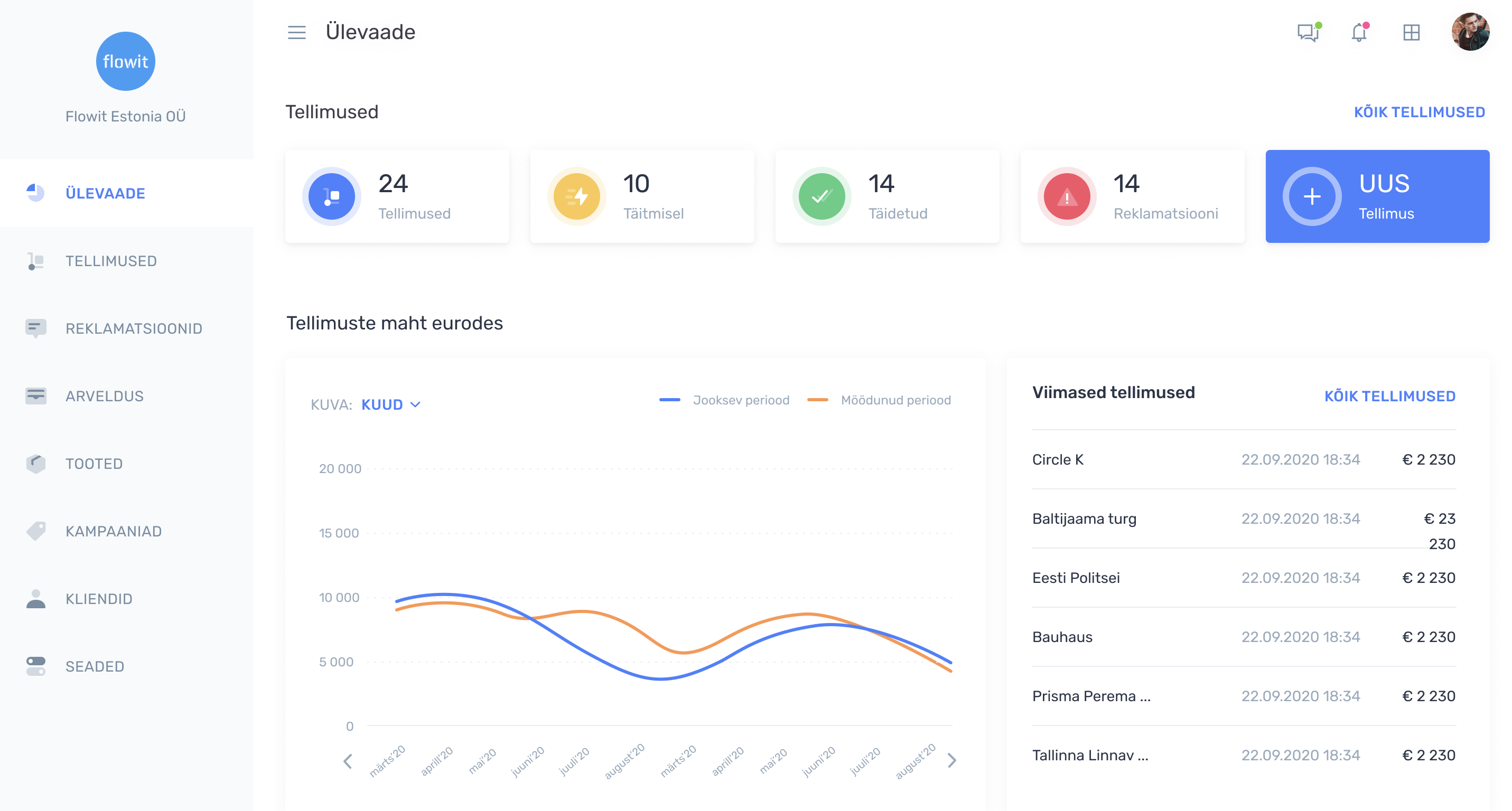During the past two years the pandemic has changed the way we work, consume and socialize. Most of it has been forced to move online. For enterprise it is a “sink or swim” situation as they need to adapt quickly to changing customer behavior and consumer demands.
Many industrial companies are now in a difficult situation because their sales have not kept pace with the times: according to the latest survey of industrial companies, for example, only 13 percent have their own e-shop, while a few have a self-service environment. Of course, industrial companies may think that an e-shop or a self-service solution is not necessary for their customer base. End customers are mediated by various resellers who are responsible for making goods available online. However, several studies have shown that COVID has not only influenced the purchasing preferences of end customers, in fact the same trend is followed by B2B customers. For them, too, it becomes increasingly important to choose a convenient self-service solution when choosing suppliers.
A survey published by McKinsey in 2020 surveyed 3,600 B2B purchasers from 11 countries in Asia, Europe, North and South America. They revealed that COVID has already irreversibly changed company to company sales: in the future, the main and preferred way of purchasing will be digital self-service and the method of communication will be digital. This applies to both small and large enterprises, existing and new customers. As many as 80% of B2B subscribers surveyed were accustomed to the convenience and speed of self-service and digital communication during COVID and do not want to return to phone, e-mail and face to face meetings.
A recent report by Grand View Research states that as early as 2019, the global B2B e-commerce market was worth $ 5.7 trillion. As a result of COVID, this market is projected to grow by as much as 17.5% per year until 2027. While in 2019, Asia and the Pacific led the world, accounting for 66.4% of the value of the sector, COVID will increase the share of B2B e-commerce in other regions, especially in the US and Europe.
While the need for B2B self-service solutions has long been recognized in the larger Asian markets and the United States, in the context of rapid global web-based networking caused by COVID, the provision of such solutions is inevitably increasingly necessary in Europe as well. During the periods of restrictions, e-commerce has helped many local B2C companies to stay afloat, whose turnover from the HoReCa sector or other traditional channels has fallen dramatically. It is likely that in the near future, if we can imagine, the success of industrial companies will also be affected by how good and fast of a self-service experience they can provide to their B2B customers.
Self-service is also becoming more and more of a necessity in the situation where people have 7 jobs at the same time: from cooking, cleaning, homeschooling and a kindergardening to their actual jobs. If the customer call comes at the exact moment when the sales representative is trying to clean up the mess his 3-year-old had made during lunch, it is simply not possible to accept the order at that moment. However, a well-functioning self-service environment accepts orders automatically and the sales representatives can spend their precious time doing tasks that provide higher added value both personally and for the Company.
Disclaimer: Flowit has a B2B SaaS self service solution offering – www.salesorder.eu




